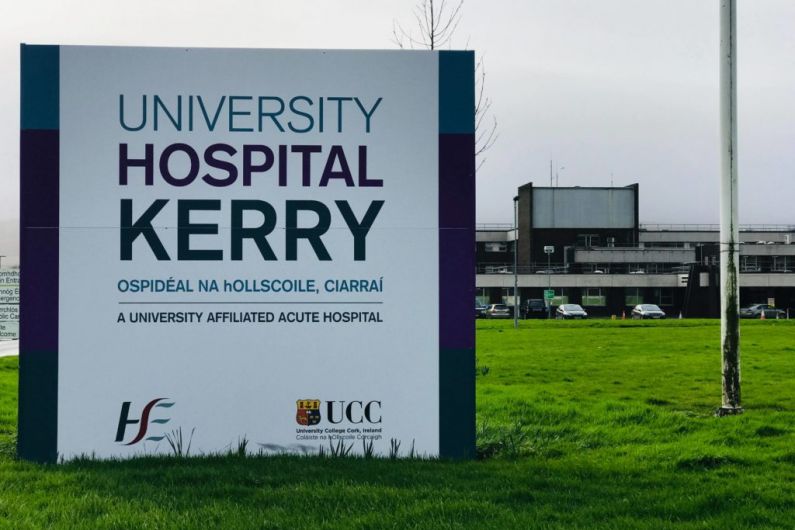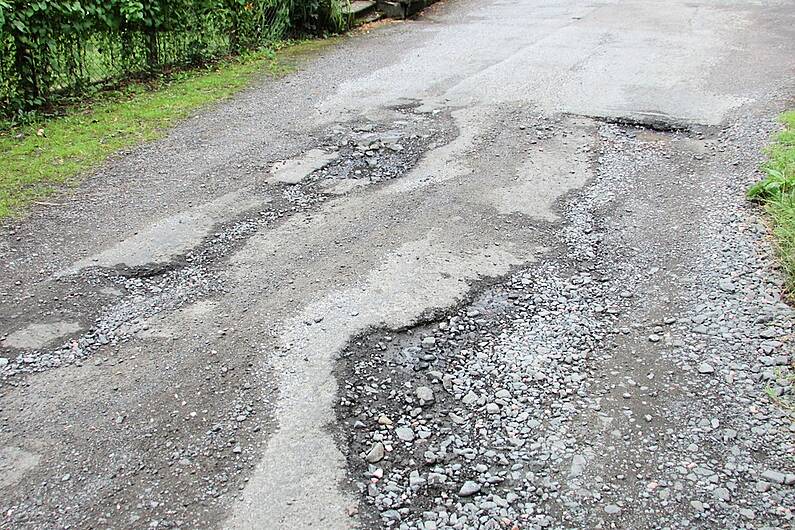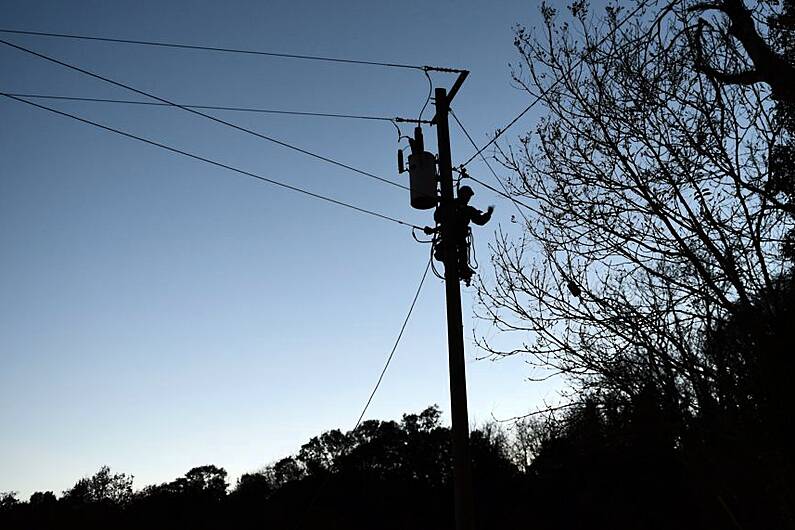A report by the health watchdog has found the emergency department in University Hospital Kerry to be grossly overcrowded and understaffed.
The Health and Information Quality Authority made an announced inspection to the hospital over two consecutive days last September.
The findings from that inspection, contained in today’s report, show the hospital was not compliant with five national standards.
It was substantially compliant with two national standards and partially compliant with seven national standards
HIQA found the hospital was substantially behind many other similar-sized hospitals in its efforts to comply with standards, though HIQA acknowledges that the hospital management team was in transition at the time of inspection.
The hospital’s emergency department came in for particular criticism in the report, as the environment posed a significant risk to health and welfare of attending patients.
The report said eleven patients who were waiting on trolleys in the main corridor at the time of the inspection, had their privacy, dignity, and confidentiality severely compromised, with others in the corridor able to overhear clinical assessments and personal information.
HIQA also found gross overcrowding of the emergency department along with significant patient flow issues, and a significant shortage of medical and nursing staff.
HIQA was also concerned with the apparent delay in fully implementing the learning and recommendations from the look-back of radiology services carried out in 2018, and the potential for patient safety risk associated with this delay.
Governance and management arrangements, and staffing levels, particularly in nursing, were found to have significant deficits, which impacted on the hospital’s ability to effectively and promptly manage any increase in service demand.
On the first day of inspection, the waiting time from registration in the ED to triage ranged from five minutes to two hours and 23 minutes, with an average of 38 minutes.
The time from triage to a medical review in the ED ranged from three minutes to eight hours and 40 minutes, with an average of 41 minutes.
A decision to admit the patient to an inpatient bed ranged from 14 hours to 95 hours.
HIQA found the mismatch between availability and demand for inpatient beds and surge capacity impacted the flow of patients through the ED, which contributed to this gross overcrowding and boarding of admitted patients in the ED.
The report says there were 15 delayed transfers of care from the hospital during inspection, and for the year to that date in September, the hospital lost over 4,300 bed days due to delayed transfers of care, which equates to an average of 16.4 beds subject to delayed discharge every month.
HIQA also noted there was a culture of kindness, consideration, and respect promoted at the hospital, and staff were praised for being respectful and kind with patients.
In a statement, the hospital says it took urgent action following the inspection, and it is committed to working with HIQA for the continued benefit of its patients.
Director of healthcare regulation with HIQA, Seán Egan, says the watchdog is concerned with an apparent failure to implement previous recommendations.






